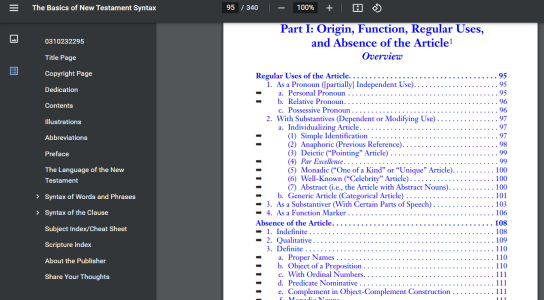These are dietary laws given to Israel only
This is deception #1 that you promote. It is exposed by the very Word's of God Jesus said to Live By.
Ex. 12: 49 One law shall be to him that is homeborn, and unto the stranger that sojourneth among you.
Lev. 17: 10 And whatsoever man there be of the house of Israel, or of the strangers that sojourn among you, that eateth any manner of blood; I will even set my face against that soul that eateth blood, and will cut him off from among his people.
Lev. 11:45 For I am the LORD that bringeth you up out of the land of Egypt, to be your God: ye shall therefore be holy, for I am holy. 46 This is the law of the beasts, and of the fowl, and of every living creature that moveth in the waters, and of every creature that creepeth upon the earth: 47 To make a difference between the unclean and the clean, and between the beast that may be eaten and the beast that may not be eaten.
Is this not the Christ, in your religion, who became flesh? Didn't God say He has ONE LAW for Israel, and those who sojourn with Israel? Didn't HE say a Non-Jew who "joins himself to God" is considered as a Homeborn Israelite?
Again, I don't care who you "yield yourself a servant to obey" or whose instruction in righteousness to honor. But it is an insidious lie to preach to others that God treats men differently according to the DNA they were born with. And I must point this deception out for the brethren, out of God's Love for them.
which were done away with at the death and resurrection of Jesus Christ, per Acts 10.
Acts 10 doesn't do away with any of God's instruction in righteousness, it exposed the Jews religion. I am open to you posting the words given in acts 10 that states God's Laws are done away. The Pharisees Laws were exposed, and eliminated from Peters mind, but where is it taught that God's Law is eliminated?
Can you back up your preaching with more than your lips?
We will not allow you to mix Judaism with Christ's religion and not say a word. Not on our watch.
Again, you don't even know what "Judaism" is. And the "Christ's Religion", and "God's Religion" are ONE. At least according to what is actually written in the Holy Scriptures.
This world's religious system has created their own religion, their own righteousness, their own judgments and high days, etc. I know there are people on this forum who are pricked by these truths. My hope for them is that they stop kicking against them.
He was born a Jew UNDER THE LAW and yes he did live by Moses' law.
This is a popular religious teaching of this world's religious system, that Jesus walked in worthless Jewish Traditions of the Pharisees, because he was a Jew following the "Jews religion". It's such a demeaning and insidious lie to judge the Lord's Christ in such a way given the bible doesn't teach anything even similar, and I really wish the promoters of this world's religions would stop promoting this insidious falsehood. Jesus walked in the "Good Works" His Father before ordained that His People should walk in them, because His Father is Perfect, and the Way of the Lord is Perfect, Holy, and God's Laws are Holy, Just and Good. I almost feel sorry for you sometimes Red Baker, as Paul describes you, "Because that, when you knew God, you glorified him not as God, neither were thankful; but became vain in you imaginations, and your foolish heart was darkened. Professing yourself to be wise, you became a fool, And changed the glory of the uncorruptible God into an image made like to corruptible man, and to birds, and fourfooted beasts, and creeping things.
But then I remember what God says about men who are so uncircumcised of heart as to treat God's Word in this way, as Paul reminds me.
24 Wherefore God also gave them up "to uncleanness" through the lusts "of their own hearts", to dishonour their own bodies between themselves:
25 Who changed the truth of God into a lie, and worshipped and served "the creature" (Image of God in the likeness of man) more than the Creator, who is blessed for ever. Amen.
This is why, in my understanding, Jesus said to "Come out of her".


